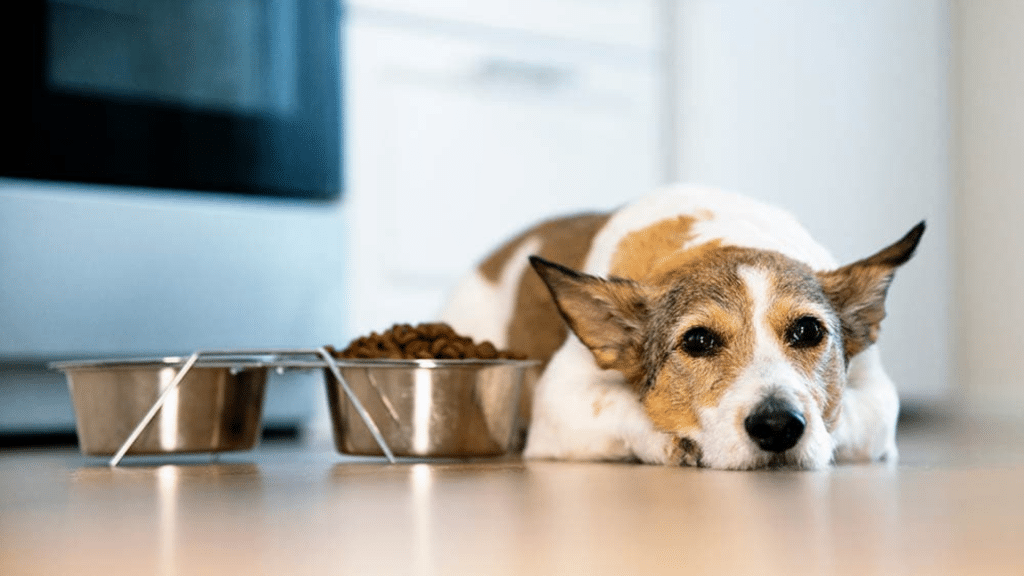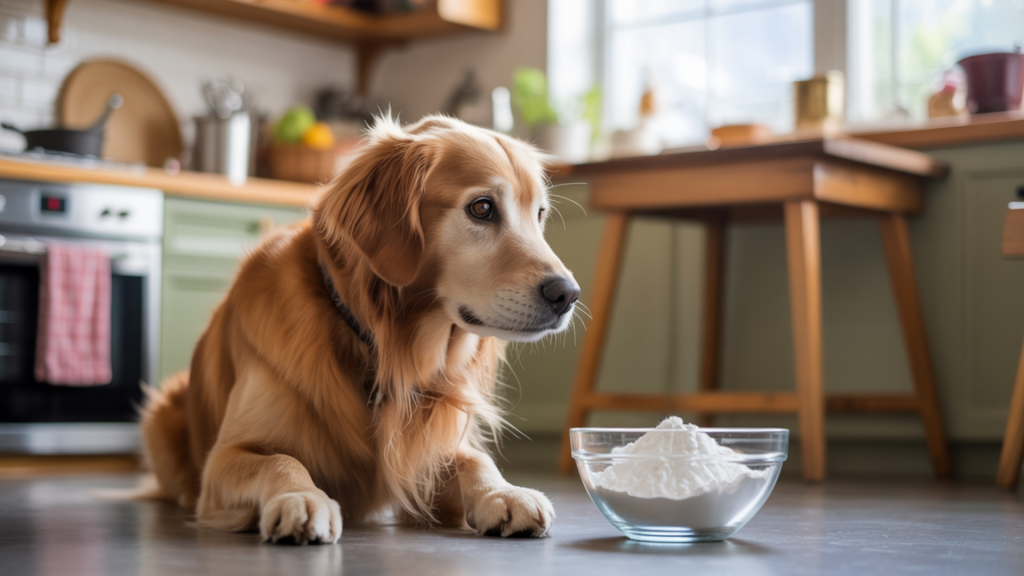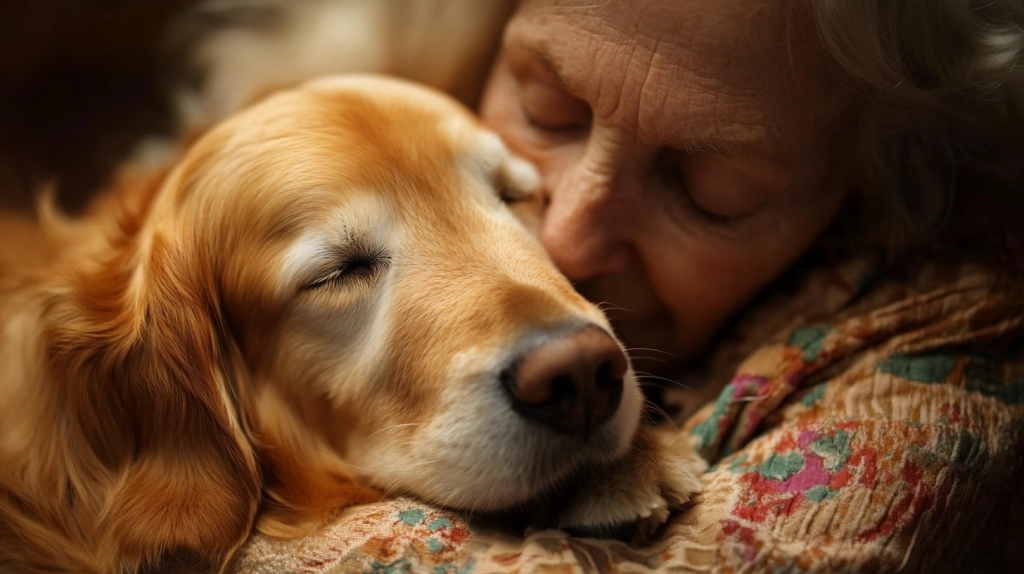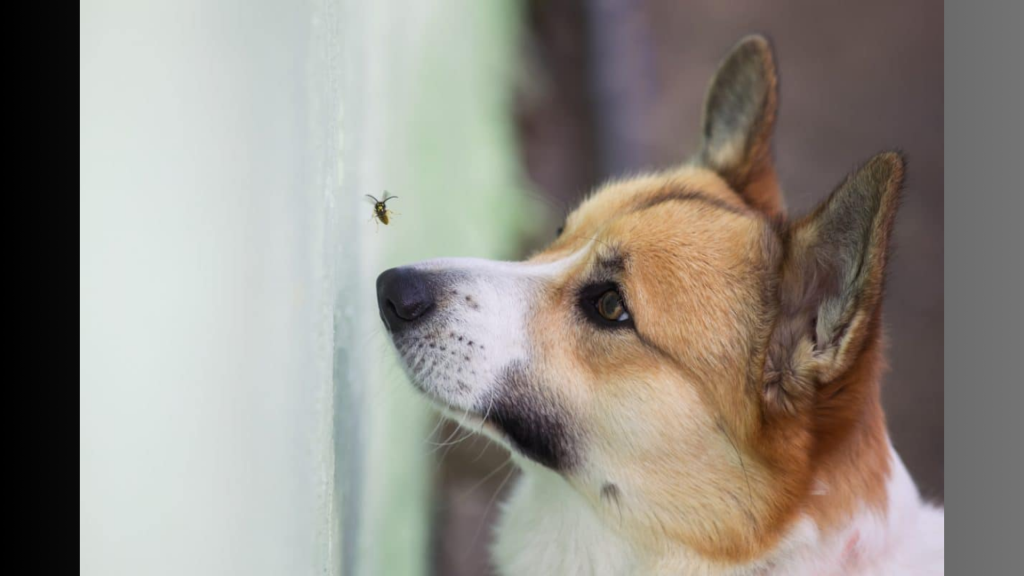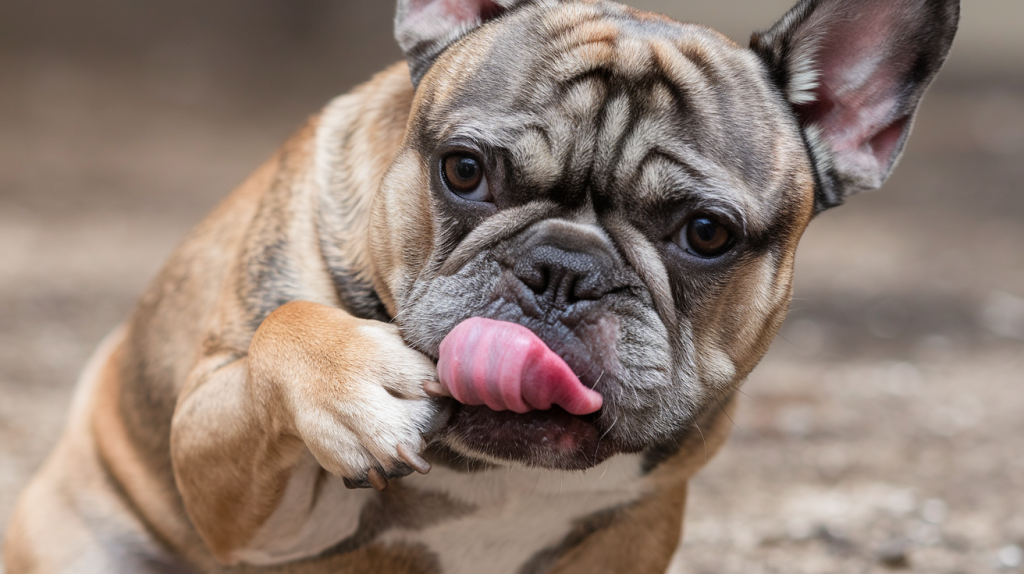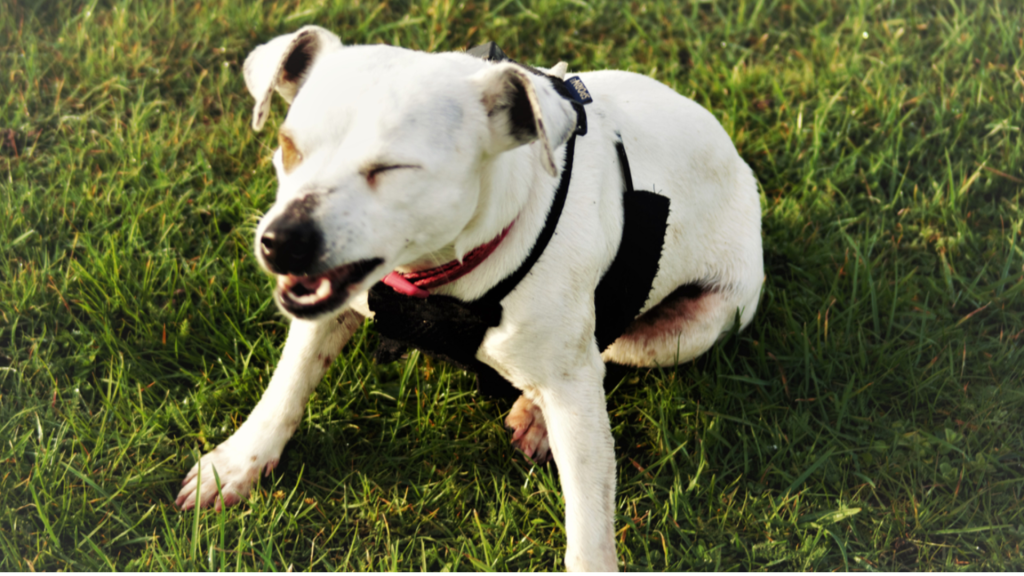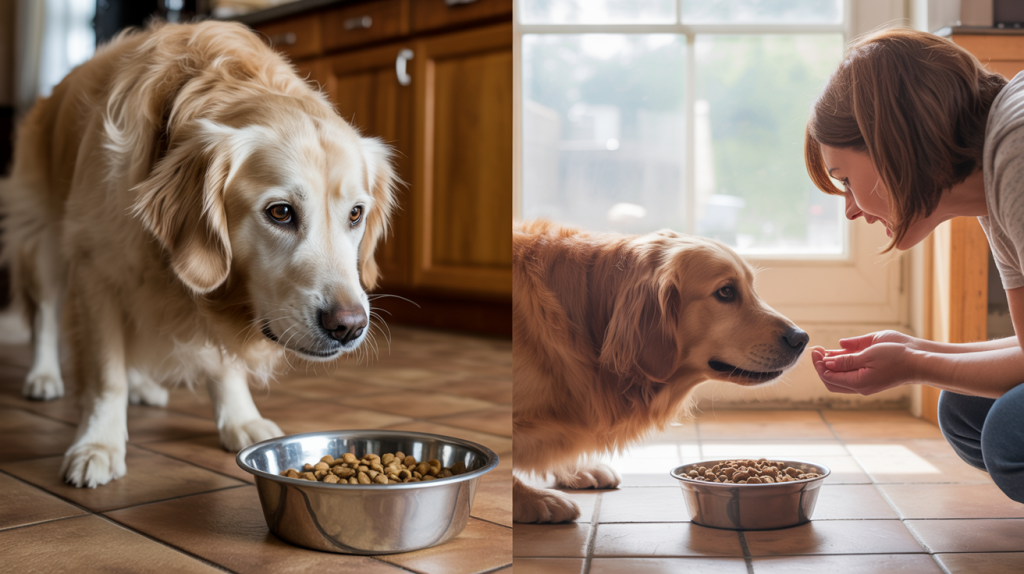Most dog owners panic when their furry friend suddenly refuses food and water. It’s scary to watch a healthy pup turn away from their favorite treats. Pet parents aren’t alone in this worry.
This blog will show readers the most common reasons why a dog won’t eat or drink. Plus, it shares when dog owners should call their vet and simple steps to help their pet get back to normal.
This blog covers medical issues, behavioral changes, and environmental factors that affect a dog’s appetite.
Readers will also learn warning signs that need immediate attention and practical solutions they can try at home.
Why are Eating and Drinking Essential for Dogs
Food and water keep dogs alive and healthy. Without proper nutrition, a dog’s body starts breaking down fast. Their organs need constant fuel to work properly.
Dogs need food for energy, just like humans do. Their bodies use nutrients to build muscles, keep their immune system strong, and power their brain.
When dogs stop eating, their body begins using stored fat for energy. But this process can’t last long. After just a few days without food, serious health problems start.
Water is even more critical than food. A dog’s body is about 60% water, and they lose fluids through panting, breathing, and normal body functions. Dogs can become dehydrated within 24 hours without water.
Small dogs and puppies face danger even faster since their smaller bodies can’t store as much fluid.
Signs Your Dog Needs Immediate Attention
Some situations require emergency vet care. Dog owners shouldn’t wait for their pet to show certain warning signs.
- Vomiting multiple times in 24 hours, especially with other symptoms like lethargy, pain, or blood.
- Refusal to eat or drink for more than 24 hours.
- Extreme lethargy; unusually tired, hard to wake, or loss of interest in usual activities.
- Collapse, unconsciousness, or inability to stand/walk.
- Difficulty breathing or gasping for air.
- Swollen or painful abdomen.
- Seizures, severe pain, or nonstop bleeding.
Most Common Reasons Dogs Stop Eating or Drinking
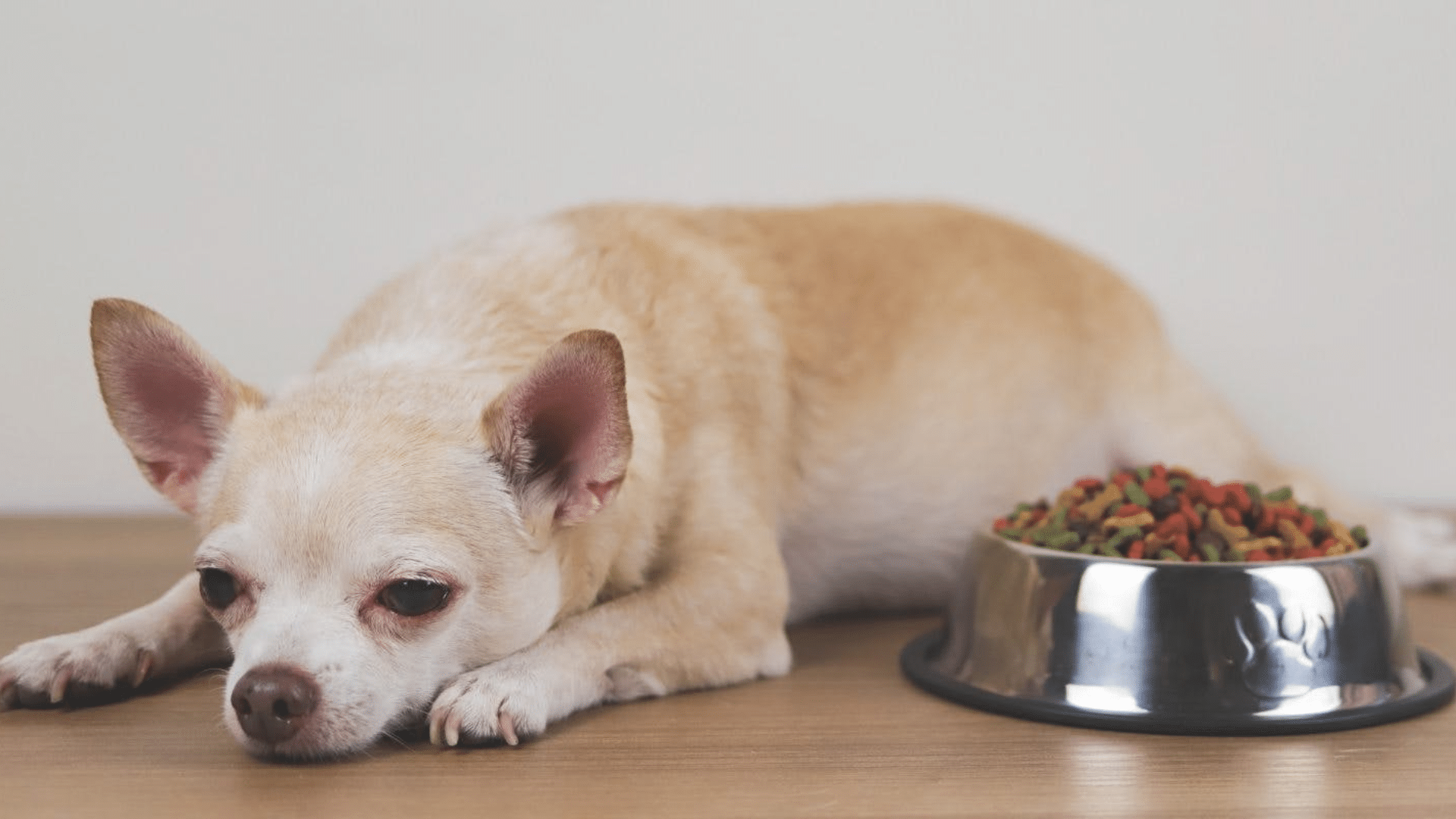
There are many reasons why a dog won’t eat or drink. Understanding these causes helps pet owners figure out what’s wrong and how to help their furry friend.
Medical Causes
Infections make dogs feel terrible. Bacterial or viral infections cause fever, nausea, and overall sickness.
Dogs naturally lose their appetite when fighting off germs. Broken teeth, gum disease, or mouth injuries make chewing painful.
Conditions such as upset stomach, acid reflux, or intestinal problems can cause nausea. Organ disease affects appetite directly. Kidney problems, liver issues, or heart disease change how dogs process food and water.
Behavioral Causes
Stress and anxiety impact appetite just like in humans. Moving to a new home, losing a family member, or changes in routine can make dogs lose interest in food.
Environmental changes disrupt eating habits. New pets in the house, different feeding locations, or loud noises during meal times can put dogs off their food.
Diet-Related Issues
Spoiled or stale food tastes bad to dogs, too. They have sensitive noses and can detect when food has gone off before humans notice.
Switching food brands or flavors too quickly can cause digestive problems and food refusal.
Food preferences matter more than many owners realize. Some dogs are picky eaters and will refuse food they simply don’t like.
Age-Related Changes
Senior dogs naturally eat less as they age. Their metabolism slows down, activity levels decrease, and they need fewer calories. However, complete food refusal still needs attention.
Medication effects can reduce appetite in older dogs. Pain medications, antibiotics, or treatments for chronic conditions sometimes cause nausea or change taste perception.
What to Do in These Situations?
Pet owners can try several simple steps before rushing to the vet. These home remedies are effective for mild cases and can help determine if the problem is serious.
- Check the Food: Make sure the food is fresh, not spoiled or stale. Try offering a different flavor or brand if possible.
- Offer Fresh Water: If you worry about why your dog is not drinking water, change the water frequently to keep it fresh and appealing. Try offering water from a different bowl or a pet fountain.
- Create a Calm Environment: Reduce noise, stress, and distractions around meal times. Keep the dog comfortable and relaxed.
- Avoid forcing: Never force your dog to eat or drink, as it can cause stress or aversion.
- Monitor Closely: Keep track of how long your dog refuses food or water and note any other symptoms to report to the vet.
Vets tailor treatment to the root cause and your dog’s symptoms, aiming for rapid recovery and comfort.
| Treatment Type | Description |
|---|---|
| Fluids | IV or subcutaneous fluids to treat dehydration |
| Medications | Anti-nausea drugs, pain relief, antibiotics, and appetite stimulants |
| Nutritional Support | Prescription diets, hand-feeding, warming food to improve appeal |
| Dental Care | Cleaning or tooth extraction for dental disease |
| Hospitalization | Supportive care, including tube feeding, for severe cases |
| Specific Treatments | Deworming, surgery for obstructions, and management of chronic illness |
Long-term Prevention and Care
The best way to handle why dog won’t eat or drink is to prevent them from happening.
Regular care and attention help pet owners catch issues early before they become serious health emergencies.
- Regular Veterinary Check-ups: Routine visits help catch early signs of illness before they become serious.
- Balanced Nutrition: Feeding high-quality food suited to your dog’s age, breed, and activity level supports strong immunity and energy.
- Consistent Exercise: Daily walks, play, and mental stimulation help maintain a healthy weight and prevent anxiety-driven behaviors.
- Weight Management: Preventing obesity reduces strain on the heart, lungs, and joints.
- Preventive Medications: Flea, tick, heartworm, and parasite preventives protect against common health risks.
- Stress Reduction: Providing a stable, calm environment lowers the risk of stress-related problems like heavy breathing or destructive behavior.
- Observation and Early Action: Monitoring changes in appetite, energy, or breathing ensures you can act quickly if something seems off.
Conclusion
Dogs who stop eating and drinking need attention, but panic won’t help the situation. Most cases of why a dog won’t eat or drink have simple solutions once pet owners identify the root cause.
A healthy adult dog can skip a meal without major concern, but 24 hours without food or water requires veterinary care. Trust your instincts about your pet’s behavior.
Prevention works better than treatment.
Regular vet visits, fresh food and water, and stress-free meal times keep most problems away. Pay attention to your dog’s normal habits so you’ll notice changes quickly.


